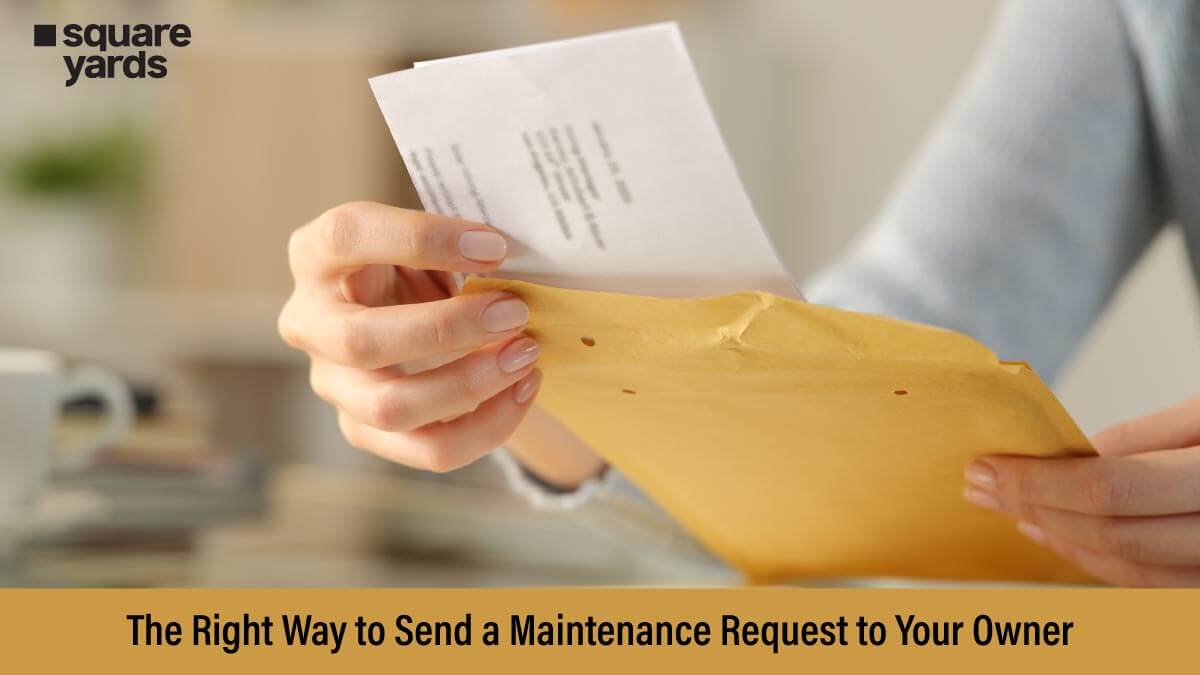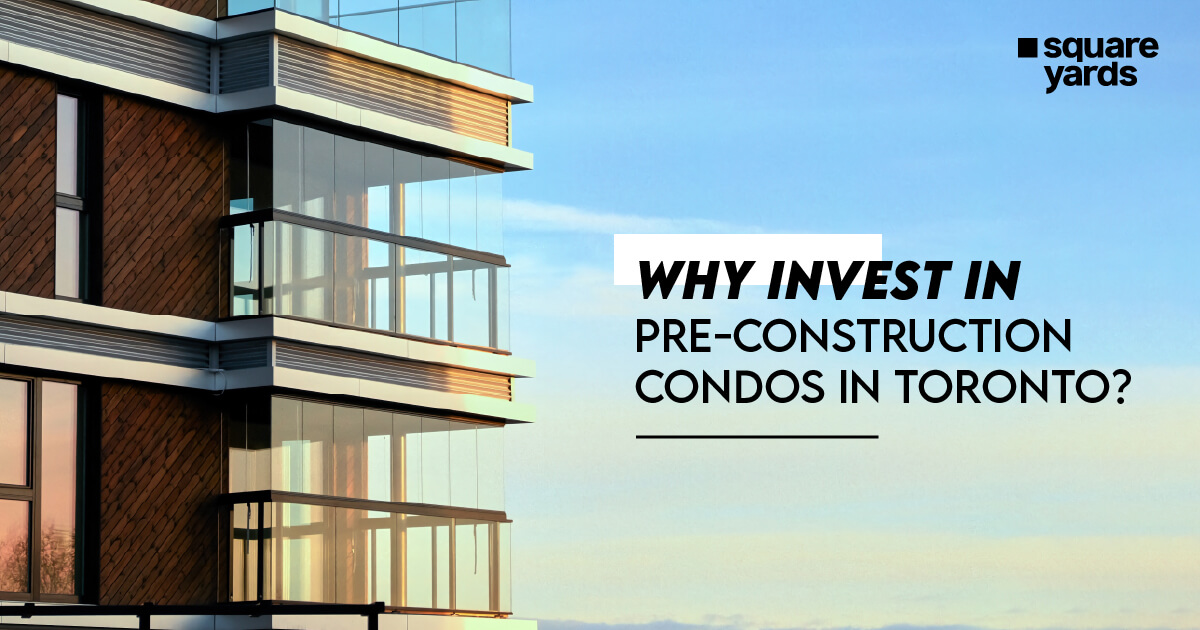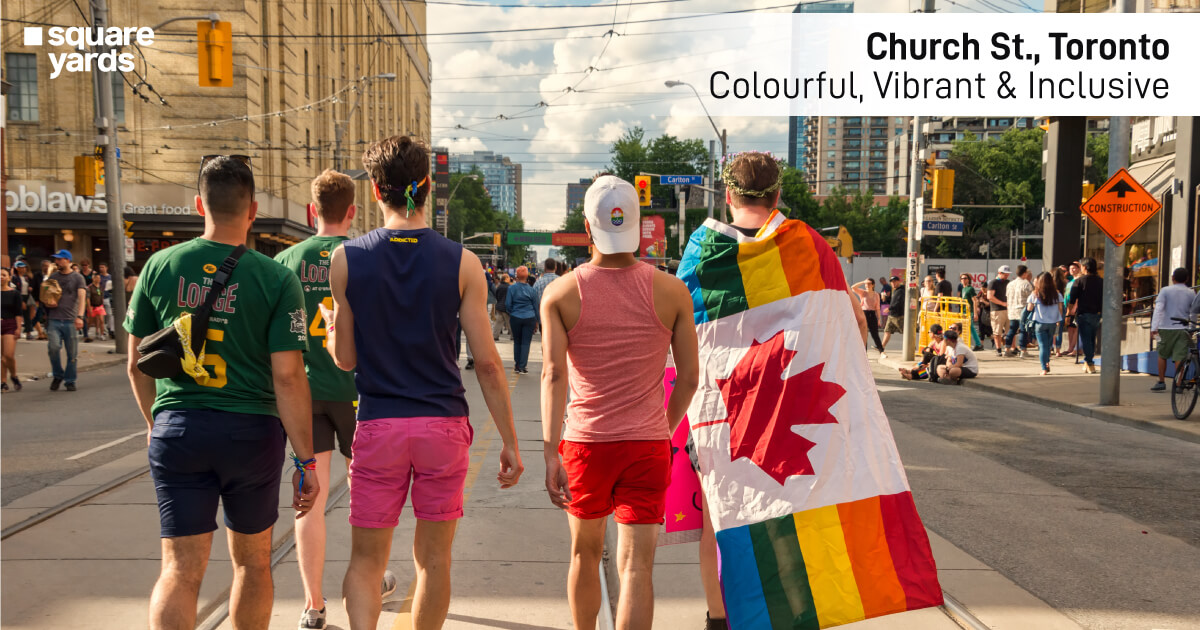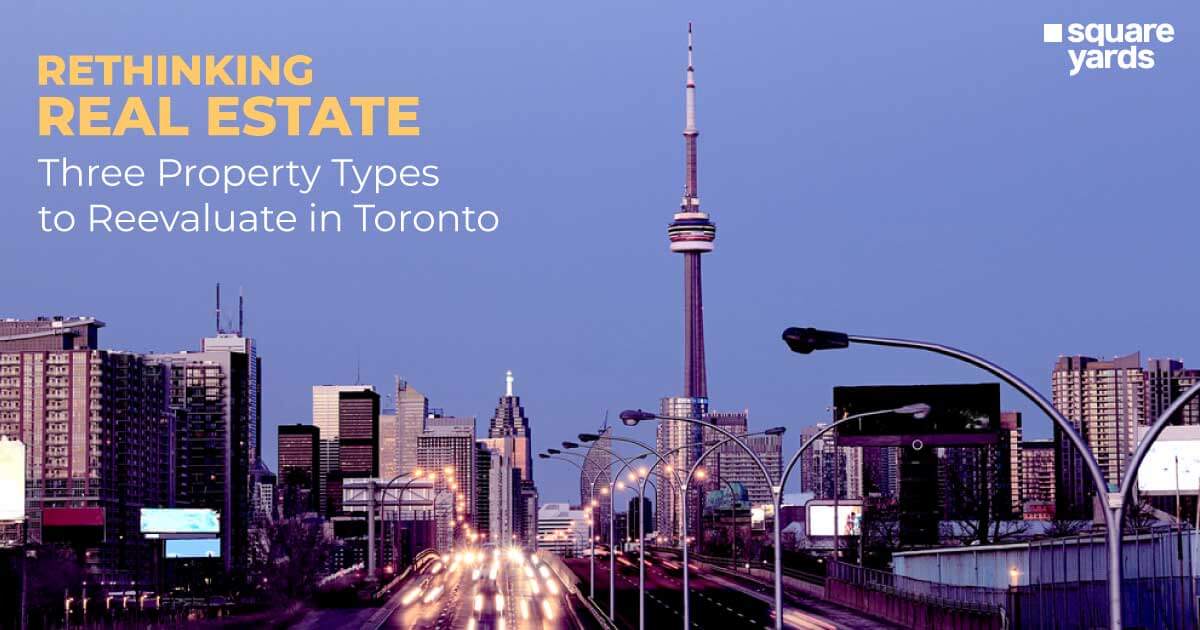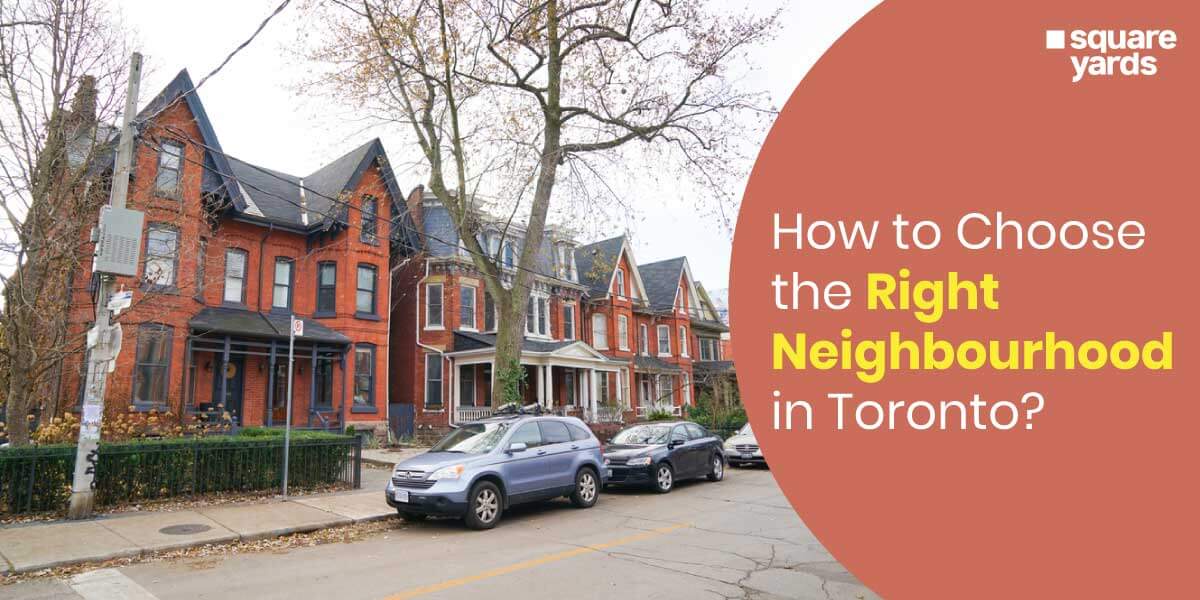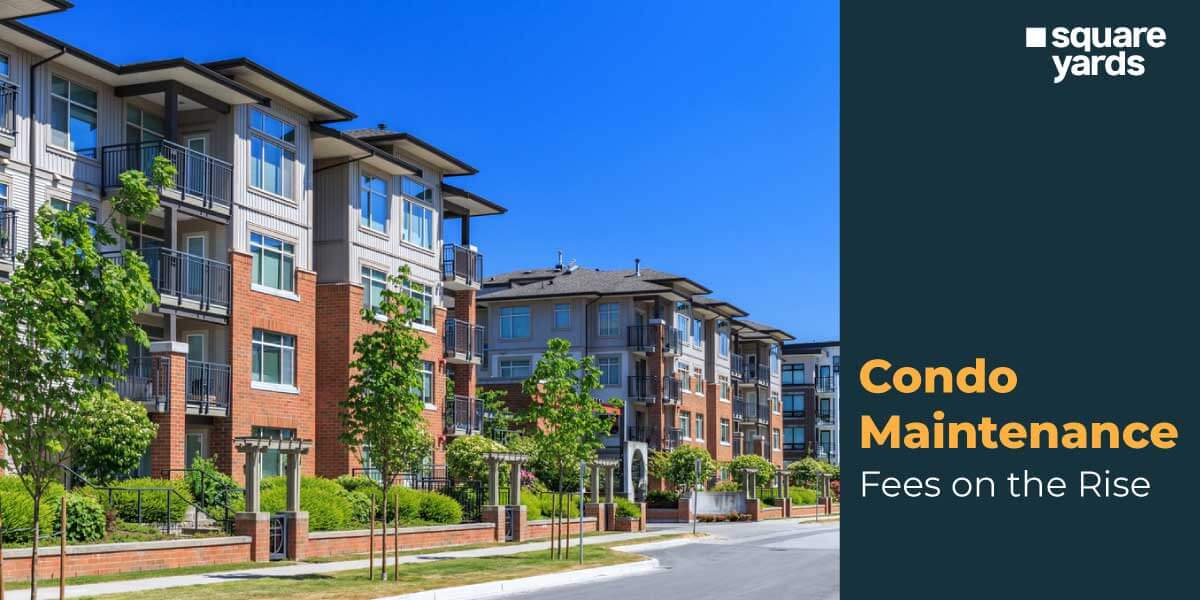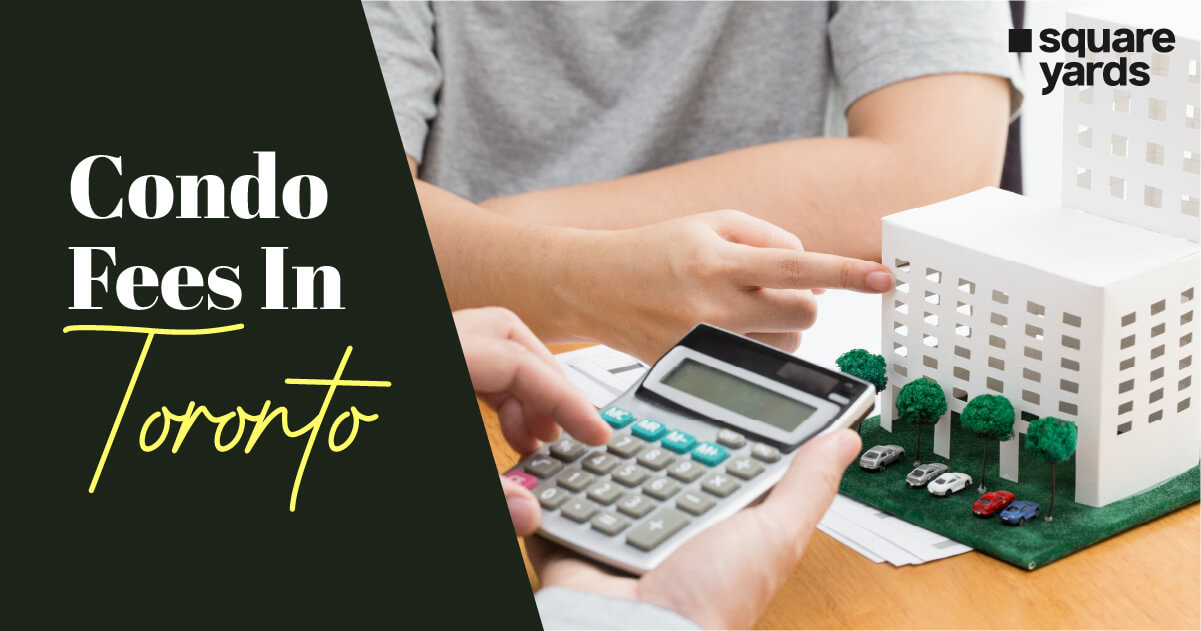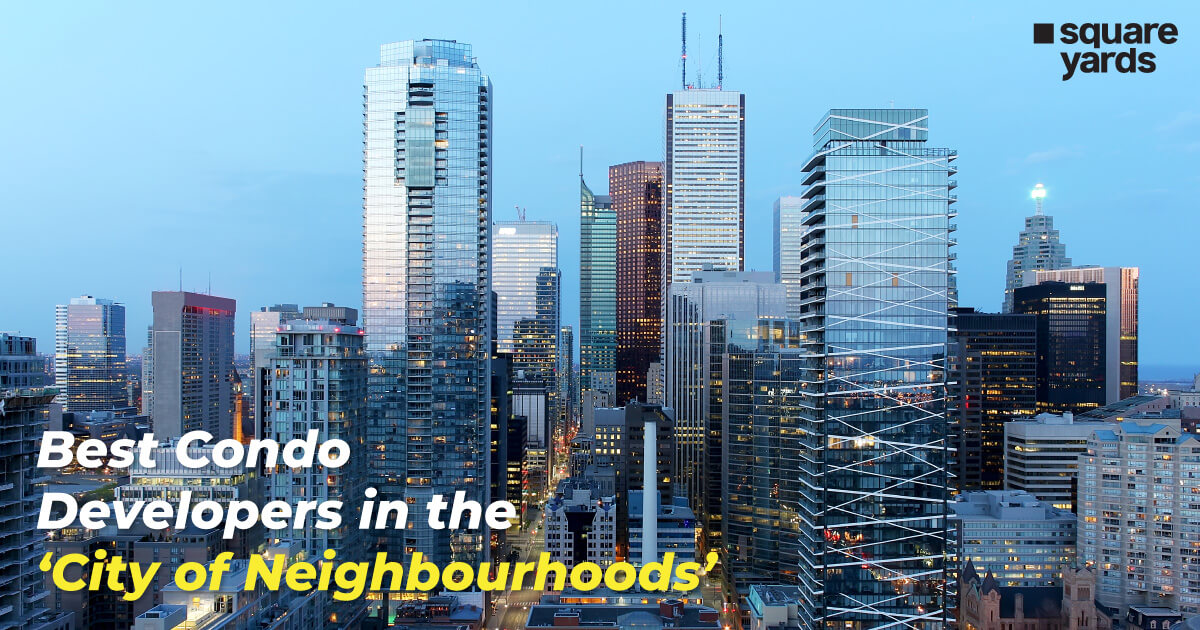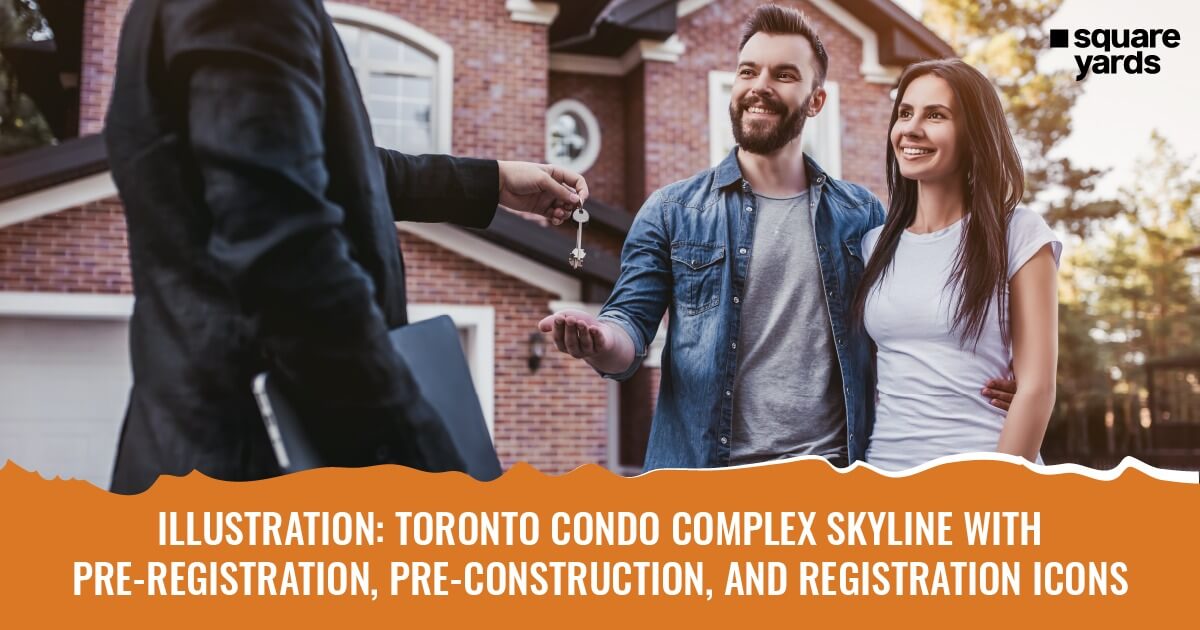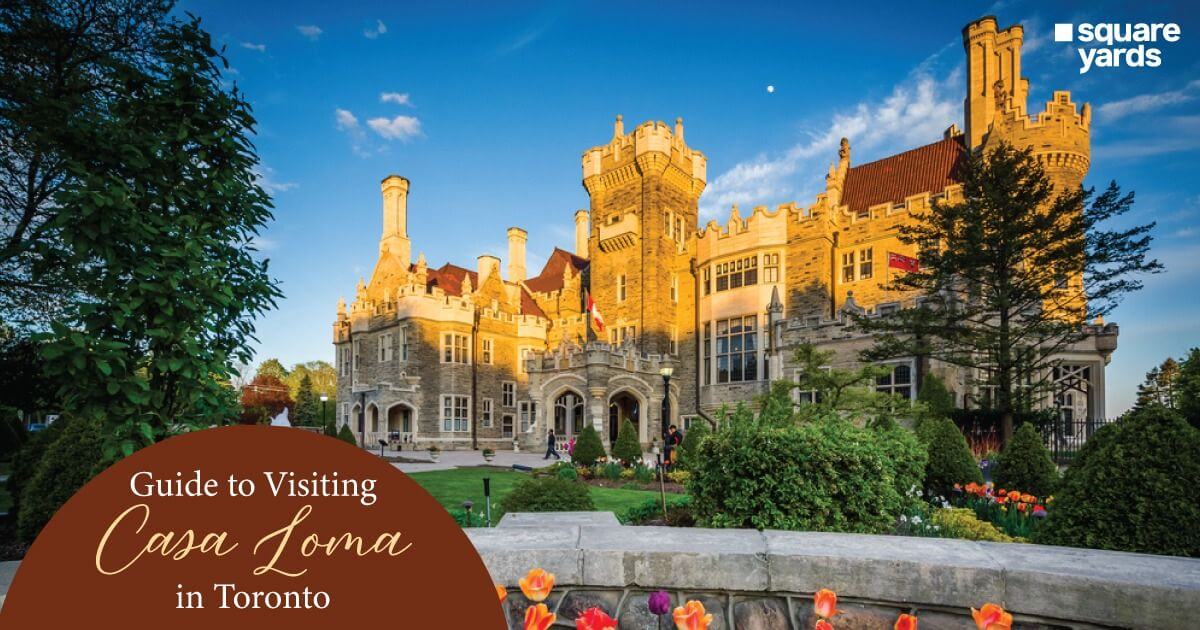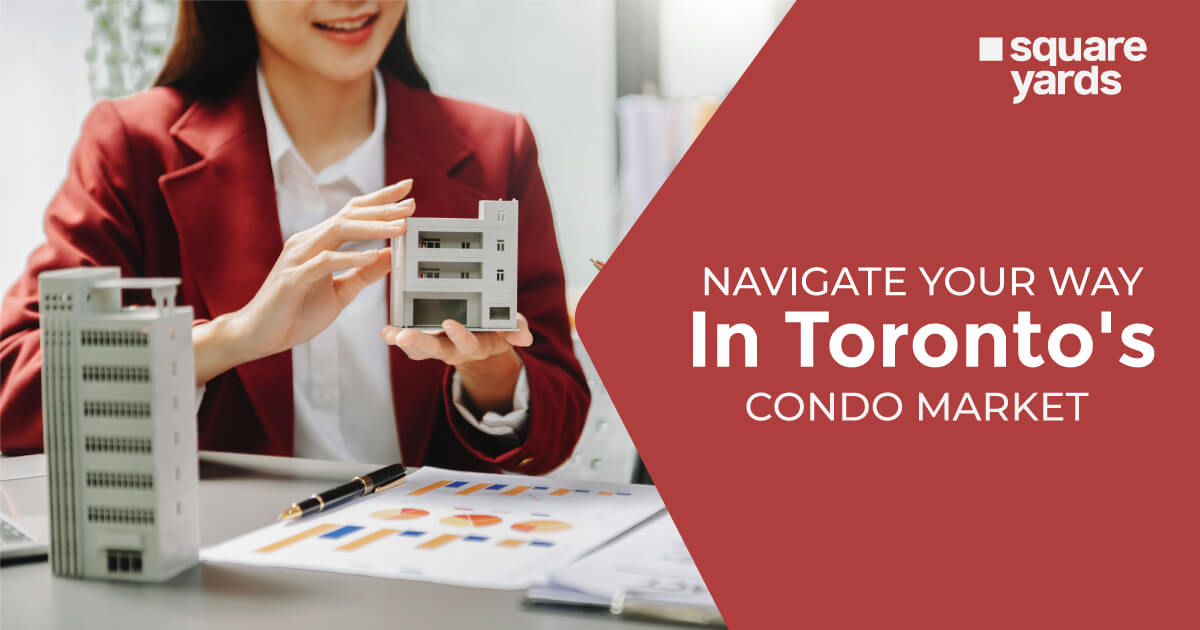Buying a home in Canada is always a badge of honour, but it is not just hard on our pockets but also on ourselves. It is difficult to get a perfect site for your abode in your homeland; imagine what it would be like to buy a house as a non-resident! But don’t worry, buyers from other nations, because we have found solutions for investing in real estate Canada and answers to your every query.
What to Know Before Looking for Property in Canada
Firstly, if you are confused about whether real estate investment Toronto has potential, let us tell you that it is one of the largest growing countries in the world. Besides this, the nation does not restrict foreigners from buying property of any structure or budget. but there are common practices that buyers try to escape from, for instance, taking the help of a real estate agent or planning financing while buying a house as a non resident. Such professionals have better ideas on taxation, home insurance, price trends, and financing.
Real estate investment Toronto is a futuristic decision that a huge crowd of investors is interested in, which means you need to have a credible support system. There are multiple real estate agents who provide you with property information and efficient budgeting while investing in real estate Canada. but this is not it, as there are multiple elements to include so that you don’t run out of time and drain yourself in search of a mere shelter.
-
Make Use of a Real Estate Agent

Although you may be well-versed in the Toronto mortgage market, there is even more to gain when you enlist the assistance of a licensed mortgage broker to assist you in obtaining a loan. Aside from having access to many Canadian banks, they are in a better position to negotiate a favourable rate for you, eliminating the need for you to switch from bank to bank in search of a better rate.
Aside from that, it would be beneficial to become a homeowner by investing in real estate Canada with the fundamentals of obtaining a mortgage in Toronto. To begin, understand that you can get a mortgage as a non-resident buying property in Toronto. However, a down payment of at least 35% is required.
However, lenders may offer up to 65% of the property’s value as a mortgage. A reference letter from your bank, bank statements for the last three months, credit information, and tax returns will also be required to demonstrate your ability to pay the mortgage. Some lenders will conduct interviews via email, phone, or fax to gather all of this information.
You’ll notice that these requirements differ from bank to bank, with some being stricter than others. In terms of mortgage interest rates, both Canadians and non-residents are subject to the same rates for investing in real estate Canada as long as they meet the mortgage eligibility criteria. Finally, be aware of the closing costs, as this will help you determine the appropriate mortgage amount to borrow.
These expenses include:
-
- Purchase cost
- Fees for bank appraisals
- Fees for inspections
- Insurance premiums
- The buyer is responsible for paying the property transfer tax. It is 1% of the first $100,000 CAD plus 2% of the remaining balance).
- Legal fees for closing
-
Acquire Tax Knowledge

Real estate investment in Toronto, like most investments, is taxed. You will need to consult a Canadian tax accountant to fully understand the tax implications of selling or buying a house as a non resident buying property in Toronto. Inquire about their professional experience and knowledge concerning your tax situation. And before you do that, here’s something you should know:
Any purchase of residential property in the Greater Golden Horseshoe Region (GGH) by a non-citizen of Canada, a permanent resident of the country, foreign cooperation, or a taxable trustee is subject to a 15% foreign buyers tax, known as a Non-Resident Speculation Tax (NRST). There are, however, exemptions and rebates as well.
Such exceptions include
-
- When a Canadian citizen is involved in the transaction in real estate investment in Toronto.
- Another tax to consider is the Land Transfer Tax (LTT), which applies to foreign buyers and Canadian residents.
- If you are a first-time home buyer and intend to use the property as your primary residence, you may be eligible for a tax rebate.
- Property and income taxes are the other taxes you’ll have to pay.
- When selling a property as a non-resident, you should expect a 25% non-resident withholding tax calculated as a percentage of the sale price.
-
Draw Your Socks Up with Financing

Real Estate investment in Toronto is one of the most volatile, with regular periods of rising, stabilising, or falling property prices and sales. Part of your preparation for dealing with these scenarios should include having funds in a Canadian bank ready to be used. remember that exchange rates frequently fluctuate, not to mention the complexities and delays associated with transferring money into Canada from a foreign country. Such events can easily derail your plans. because of the nature of the real estate market.
When presenting your offer to buy a house as a non resident in Toronto, you will typically be required to provide a deposit, which is typically 5%-10% of the purchase price of the property. this must be done within 24 hours and in the form of a bank draft, money order, or certified cheque issued by a Canadian bank. As a result, it’s a good idea to make an appointment with a Canadian bank manager or pay a personal visit to a bank to open an account. You will need proper identification as a foreigner and must visit the institution in person.
-
Add Home Inspection
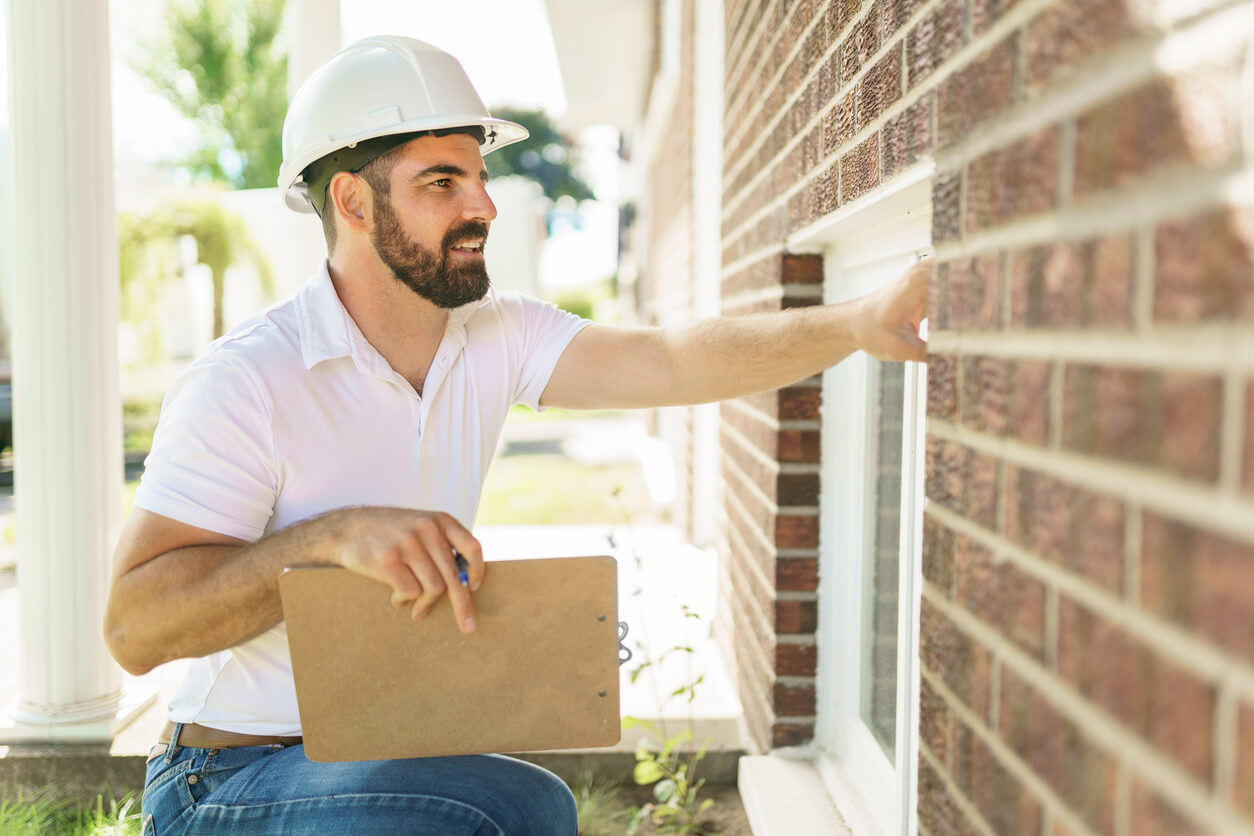
As a foreigner buying property in Canada, an inspection of a property’s physical condition is an important part to consider. It should be included in your purchase contract as a closing condition. request that a professional inspector or contractor inspect the building’s structure, physical components, and systems for defects and malfunctions. Roofs, heating/cooling systems, paint, windows/doors, the foundation, and so on are all included.
The land around the property should also be examined for drainage, grading, and plant issues. Sometimes the seller will provide you with an inspection report, but don’t rely solely on it because it could be tainted, possibly because the inspector is a friend, colleague, or relative of the seller. It would be preferable if you handed over the report to your boss.
-
Taking Care of the Property While the Owner Is Away

These two processes may appear simple, but there is a lot at stake, and an investment consultant can help you navigate them easily. For example, a frequently asked question is, ‘Is a foreigner buying property staying outside the country possible?’
Well, you can search for properties online, hire an agent, and even investing in real estate Canada or almost anywhere. However, this is as obvious as when you need to open a bank account, which, as previously stated, is required for the property-buying process. Other processes, such as acquiring ownership of a property, also known as a ‘closing,’ do not necessitate your presence.
There is a solution to hire professionals who promote non resident buying property in Toronto, Canada. They look after the maintenance and leasing of your property to a tenant. The complete process is performed with complete transparency and authentication, so you can embrace investing in real estate Canada.
-
Consider Legal Advice
When a non resident buying property in Toronto, a lawyer’s primary responsibility is to ensure that the transaction is completed correctly. Typically, such transactions are not only complicated but also fraught with danger. the lawyer’s job will include reviewing the terms of your agreement, ensuring that the funds for sale are successfully paid to the seller, and ensuring that you are listed as the property’s new owner on all necessary documents. in most cases, they arrive shortly after you’ve reached an agreement with the seller and secured the property. Make certain that the lawyer you choose to represent you is knowledgeable and experienced in the legal aspects of your particular real estate transaction.
End Thoughts
Home ownership is not an easy task, surely, but anything that comes for free does not feel satisfactory without the needed hustle. Hence, challenging yourself as a new homeowner and buying a property as a non-resident is an achievement you should be proud of now that we have come so far with the subject, we wish you luck in choosing your dream abode that brings prosperity and intimacy to you and your loved ones!
You May Also Read :
| Guide To Buying Property in Canada | Buying Property in Canada |
| All About Non-Resident Canada Tax | Non-Resident Canada Tax |
| Know About Toronto Property Tax | Toronto Property Tax |
| Understand Freehold vs Leasehold | Freehold vs Leasehold |
| How To Buy New Construction Homes | New construction homes |
Frequently Asked Question (FAQs)
Yes, it is legal for a foreigner to buy property in Toronto.
Yes, there is a Non-Resident Speculation Tax (NRST) that every non-resident buying property in Toronto has to pay.
If you're thinking about buying a house in Toronto and whether it'll be a good long-term investment, you are on the right track that will bring you great future returns on investment.
Yes, non-residents can obtain a mortgage in Canada if they intend to purchase a home there.
Buying a house in Toronto does not mandate that a buyer hire a real estate lawyer.
Essa and the Township of Scugog are the most affordable localities in Toronto to buy a property. Can foreigners buy property in Toronto?
Does Toronto have a Non-Resident buyer’s tax?
Is buying a house in Toronto a good investment?
Can a foreigner get a mortgage in Toronto?
Do you need a lawyer to buy a house in Toronto?
Where is the cheapest property in Toronto?

